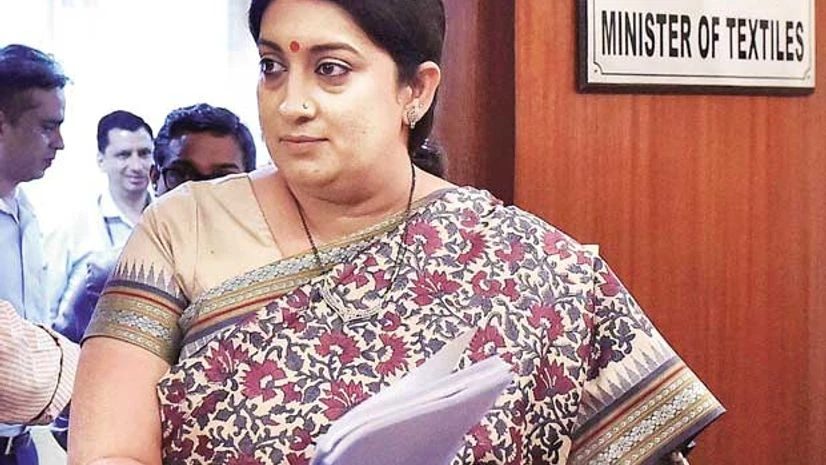Most of the 446,000 missing children found since 2015 have been reunited with their families, Women and Child Development Minister Smriti Irani said on Saturday.
Speaking at the inaugural session of the national annual stakeholders consultation on children in conflict with law, Irani said the children were found through the ministry's Khoya Paya portal, launched in 2015.
"Today, we can proudly say that close to 446,000 missing children have been found, of which 397,530 children have been successfully matched and reunited with their families," she said.
Irani said since the amendment of the Juvenile Justice Act in 2021, under which district magistrates instead of courts have been given the responsibility to issue adoption orders, as many as 2,600 children have been adopted.
Irani warned stakeholders against profiteering from institutionalising children, saying, "If profit becomes the core of our efforts, then many children will not find the loving homes they deserve."
During the Covid-19 pandemic, she said, there was an international hue and cry about many children in Indian becoming orphans.
"That's when not only did the government, but also the Supreme Court step up directions were given to people across the nation that if you find a child in need of support, that child should be immediately brought to authorities.
More From This Section
"Today I can share that over 45,000 Children in CCIs (child care institutions) were not only vaccinated but also supported and due diligence and note was taken by the Supreme Court," she said.
Irani said the government's budget allocation for child welfare has grown from Rs 60 crore in 2009-10 to Rs 14,172 crore as of last year.
"Since 2014, through child care institutions, we've provided assistance to over seven lakh children," she said.
Irani said the money for protecting a child was insufficient and that is why the WCD Ministry allocated Rs 80 crore to not only police officers but also victims who seek the protection of the court.
UNICEF India Representative Cynthia McCaffre in her address commended India's leadership in child protection. She emphasised the importance of focusing on the root causes of juvenile delinquency.
McCaffre praised India's "comprehensive child protection architecture" and its "progressive approach" in addressing children in conflict with the law.
She highlighted the need to strengthen alternatives to detention and ensure lasting rehabilitation for children.
She called for robust monitoring and data collection systems, as well as a focus on reaching the most marginalised communities.

)
